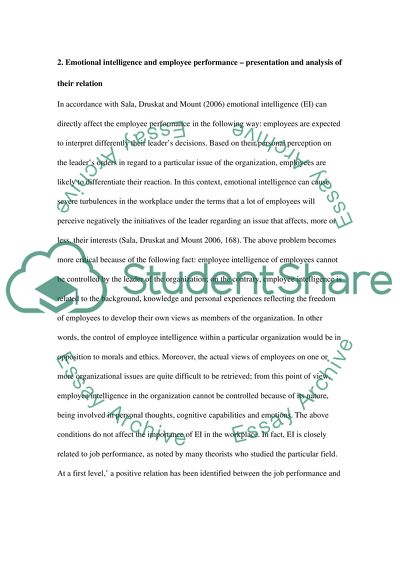Cite this document
(“Organisation behaviour--business Essay Example | Topics and Well Written Essays - 1750 words”, n.d.)
Retrieved from https://studentshare.org/environmental-studies/1415890-organisation-behaviour-business
Retrieved from https://studentshare.org/environmental-studies/1415890-organisation-behaviour-business
(Organisation Behaviour--Business Essay Example | Topics and Well Written Essays - 1750 Words)
https://studentshare.org/environmental-studies/1415890-organisation-behaviour-business.
https://studentshare.org/environmental-studies/1415890-organisation-behaviour-business.
“Organisation Behaviour--Business Essay Example | Topics and Well Written Essays - 1750 Words”, n.d. https://studentshare.org/environmental-studies/1415890-organisation-behaviour-business.


